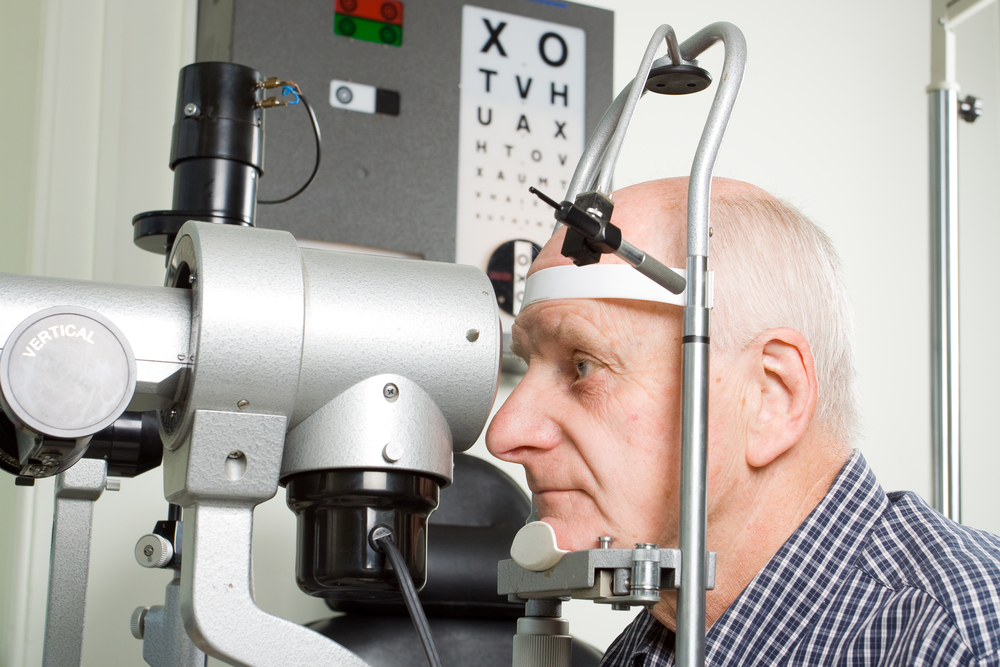
As we age, changes in our eyes and vision are common. For seniors, regular eye exams are more than just a routine check. They play a vital role in maintaining overall health and quality of life. If you’re wondering how often seniors should have their eyes examined, here’s what you need to know.
Why Routine Eye Exams Are Essential
Routine eye exams are crucial for detecting problems early, often before any symptoms appear. Early detection allows for more treatment options and can help prevent irreversible vision loss. During an eye exam, your eye doctor will use advanced technology and may perform a retinal exam to get a detailed view of the back of your eye. This helps identify signs of eye diseases and other health conditions, such as diabetes or high blood pressure, which sometimes present first in the eyes.
Common Eye Conditions That Come With Age
Aging increases the risk of certain eye diseases and vision problems. Some of the most common conditions that affect seniors include:
• Cataracts: Clouding of the eye’s lens that causes blurry vision and can eventually require surgery.
• Glaucoma: A group of eye diseases that damage the optic nerve, often without early symptoms, leading to vision loss if untreated.
• Age-Related Macular Degeneration (AMD): Deterioration of the central part of the retina, leading to loss of central vision.
• Diabetic Retinopathy: Damage to blood vessels in the retina caused by diabetes, which can result in vision impairment or blindness.
• Dry Eye Syndrome: A common complaint among seniors that leads to irritation, burning, or a gritty sensation in the eyes.
These conditions often develop gradually, and symptoms might not be noticeable until significant damage has occurred.
How Often Should Seniors Get an Eye Exam?
We recommend that adults age 65 and older have a comprehensive eye exam every year. Annual eye exams help track changes in vision and catch age-related eye conditions early.
However, some seniors may need to schedule more frequent visits, especially if they:
• Have existing eye diseases, such as glaucoma or diabetic retinopathy
• Are experiencing changes in vision, eye pain, or new symptoms
• Have chronic health conditions, such as diabetes or hypertension
• Have a family history of eye disease
Your eye doctor will let you know if a more frequent exam schedule is needed based on your personal risk factors and eye health.
Safeguard Your Vision at Nolo Eye Care + Eyewear Gallery
Regular eye exams are an important part of healthy aging. They help catch problems early, protect your vision, and ensure that your eyes stay as healthy as possible for years to come. If you or a loved one is age 65 or older, make eye exams a priority each year.
Contact Nolo Eye Care + Eyewear Gallery to schedule a comprehensive eye exam and stay ahead of eye disease before it impacts your vision. Visit our office in Nolensville, Tennessee, or call (615) 283-7321 to book an appointment today.








